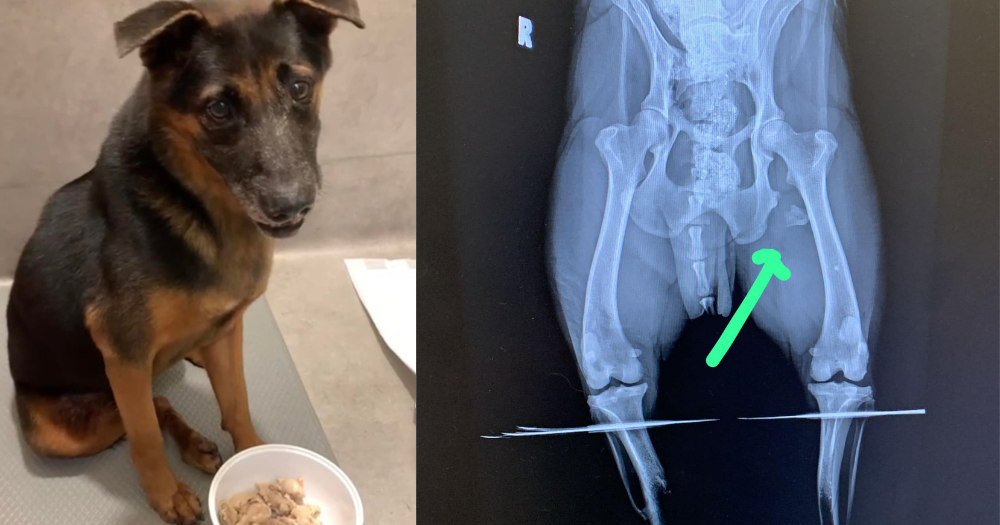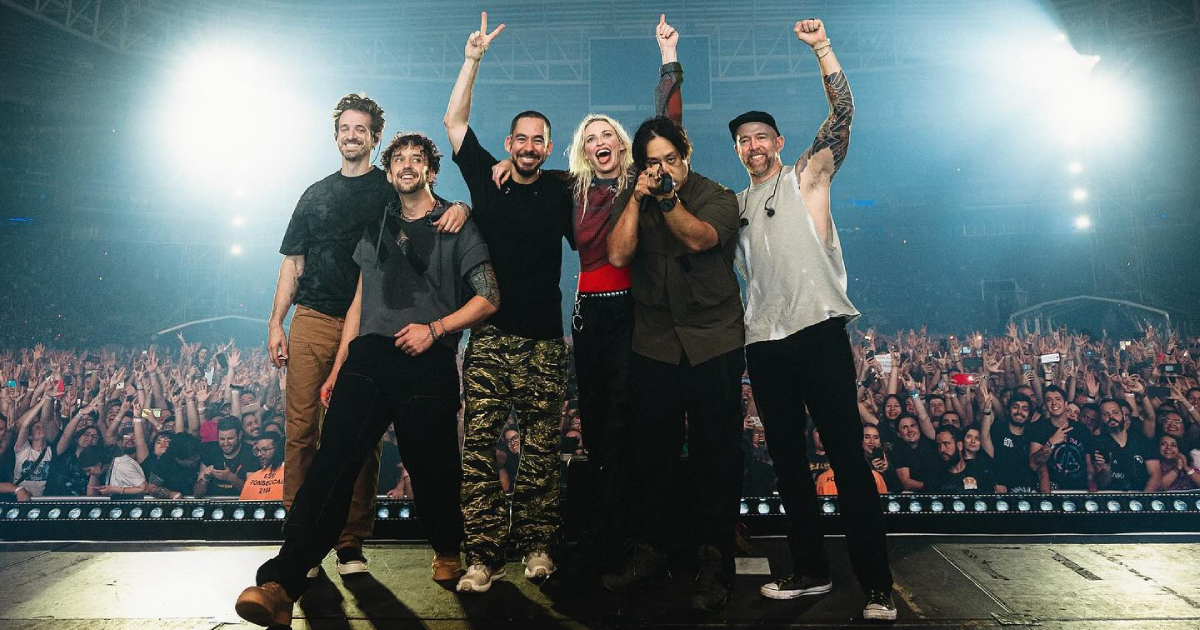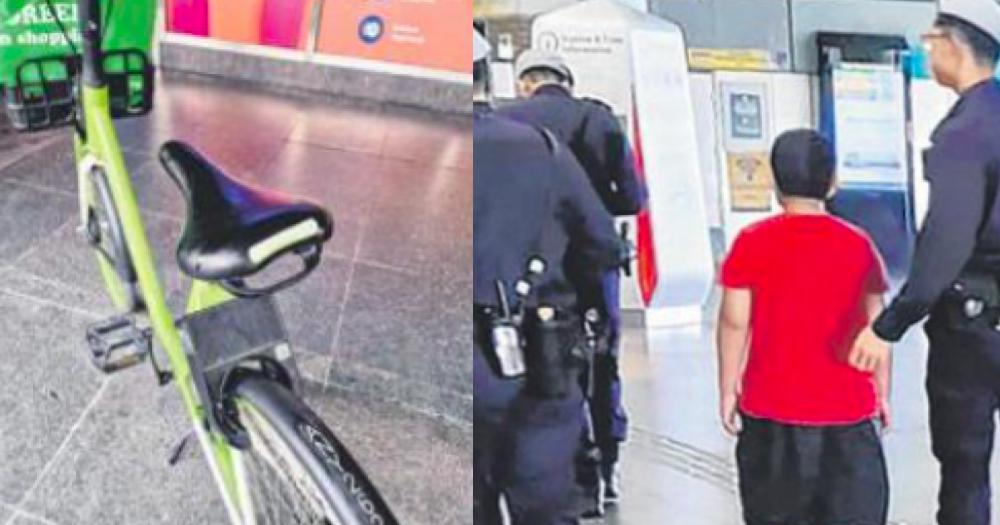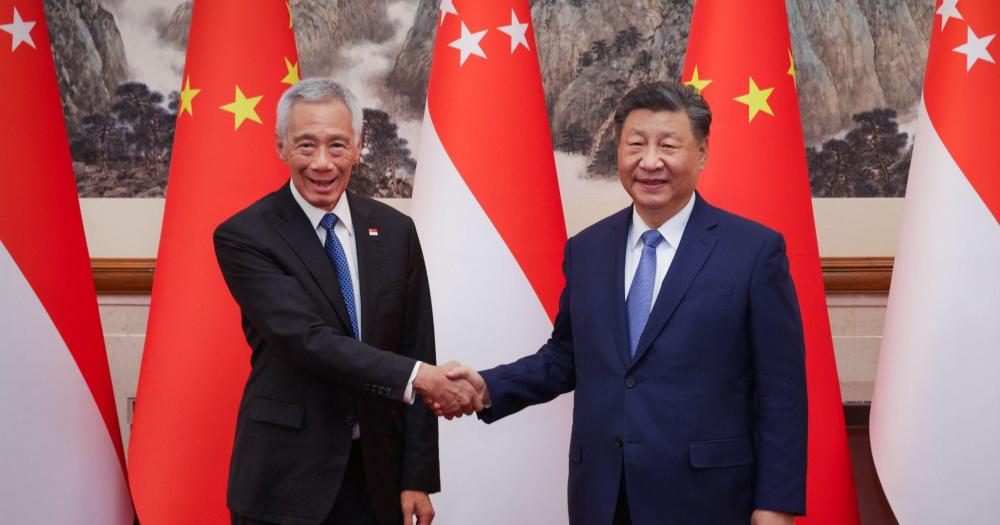Israel agrees to ceasefire with Hezbollah in Lebanon
More strikes were launched on Beirut ahead of the ceasefire.
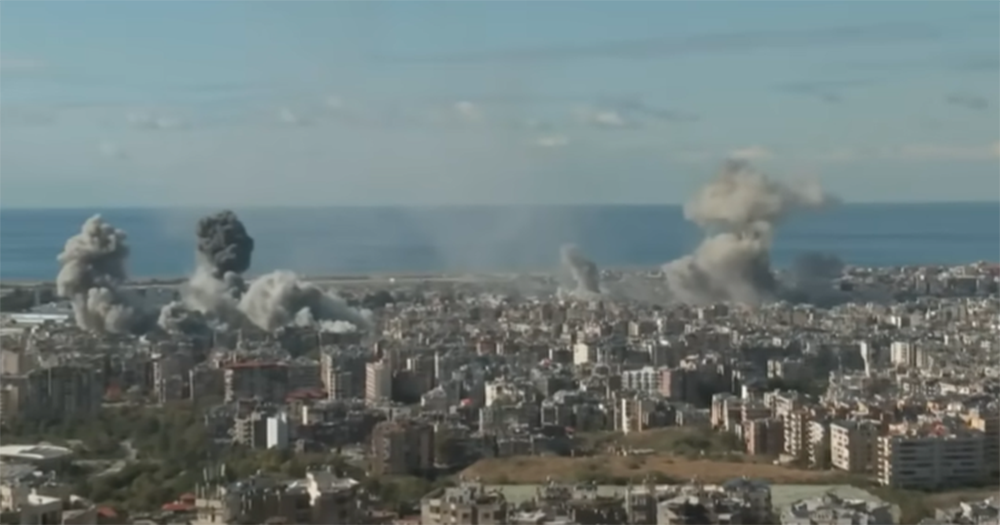
A ceasefire deal has been reached which will put an end to fighting between Israel and Hezbollah in Lebanon, according to a joint statement by U.S. President Joe Biden and French President Emmanuel Macron.
The statement read:
"Today, after many weeks of tireless diplomacy, Israel and Lebanon have accepted a cessation of hostilities between Israel and Lebanon.
The announcement today will cease the fighting in Lebanon, and secure Israel from the threat of Hezbollah and other terrorist organisations operating from Lebanon.
Both the U.S. and France will work together with Israel and Lebanon to ensure the ceasefire is implemented.
It came into force at 4am on Nov. 27 in Lebanon (10am in Singapore) and effectively marks the end of 14 months of fighting between Israel and Hezbollah triggered by the war in Gaza between Israel and Hamas.
What does the ceasefire deal entail?
According to AP News, the ceasefire deal entails a 60-day cessation in hostilities and will require Hezbollah to remove its armed presence from a broad area of southern Lebanon.
Meanwhile, Israeli troops will return to their side of the border.
Lebanese troops and UN peacekeepers will also be deployed to the south of Lebanon and the U.S. will lead an international panel to monitor compliance with the deal.
Biden added that while Israel reserves the right to quickly resume operations if Hezbollah breaks the ceasefire, the deal is designed to be a "permanent cessation" of hostilities.
The Guardian reported that the ceasefire will not have any direct effect on the conflict in Gaza as Hezbollah has dropped its demand that the ceasefire in Lebanon be contingent on ending the fighting in Gaza.
Israel's Cabinet approves ceasefire agreement, launches more strikes in Beirut ahead of its implementation
AP News further reported that Israel's security Cabinet has approved the ceasefire deal, after it was presented by Prime Minister Benjamin Netanyahu.
In the hours leading up to the ceasefire's implementation, Israel launched another round of strikes in Beirut and its southern suburbs, with a record number of warnings issued.
At least one strike was reported to have taken place after the announcement of the ceasefire deal.
Lebanese authorities said at least 42 people have been killed by the strikes so far.
Meanwhile, in a televised address, Netanyahu said the ceasefire would isolate Hamas in Gaza and allow Israel to focus on its main enemy, Iran.
He added, "If Hezbollah breaks the agreement and tries to rearm, we will attack,” he said. “For every violation, we will attack with might."
Hezbollah accepts ceasefire, launches drones at "military targets" in Tel Aviv
As for Hezbollah, it said it accepted the proposal, although a senior official added on Nov. 26 that the group had not seen the agreement in its final form.
The deputy chair of Hezbollah’s political council, Mahmoud Qamati, was quoted by Al Jazeera as saying:
"After reviewing the agreement signed by the enemy government, we will see if there is a match between what we stated and what was agreed upon by the Lebanese officials.
We want an end to the aggression, of course, but not at the expense of the sovereignty of the state.
Any violation of sovereignty is refused."
Hezbollah added that it had launched drones at "sensitive military targets" in Tel Aviv, following Israeli strikes on Beirut and amidst news of the ceasefire, AFP further reported.
Lebanon says it welcomes ceasefire deal
Lebanon's Prime Minister, Najib Mikati, welcomed the ceasefire deal in a phone call with Biden, The Guardian reported, and said his government would strengthen the Lebanese army's presence in the south.
He described the deal as a "fundamental step" in restoring calm and stability in Lebanon and enabling displaced people to return to their towns and cities.
Singapore says it welcomes the ceasefire agreement
Singapore's Ministry of Foreign Affairs also said it welcomed the ceasefire agreement.
A spokesperson for the ministry said:
Singapore welcomes the ceasefire agreement between Israel and Lebanon, which is a positive first step towards restoring stability in the region.
We hope that all parties will respect and comply with the terms of the agreement. The agreement will facilitate the return of civilians to their homes on both sides of the Israel-Lebanon border."
The spokesperson added:
"Singapore reiterates its call for an immediate ceasefire in Gaza, as well as for the immediate, safe, and unconditional release of all remaining hostages.
We also urge all parties to allow for the urgent, safe, and unhindered delivery of much needed humanitarian assistance to the affected civilians in Gaza."
Top screenshot via CNN/YouTube
MORE STORIES










